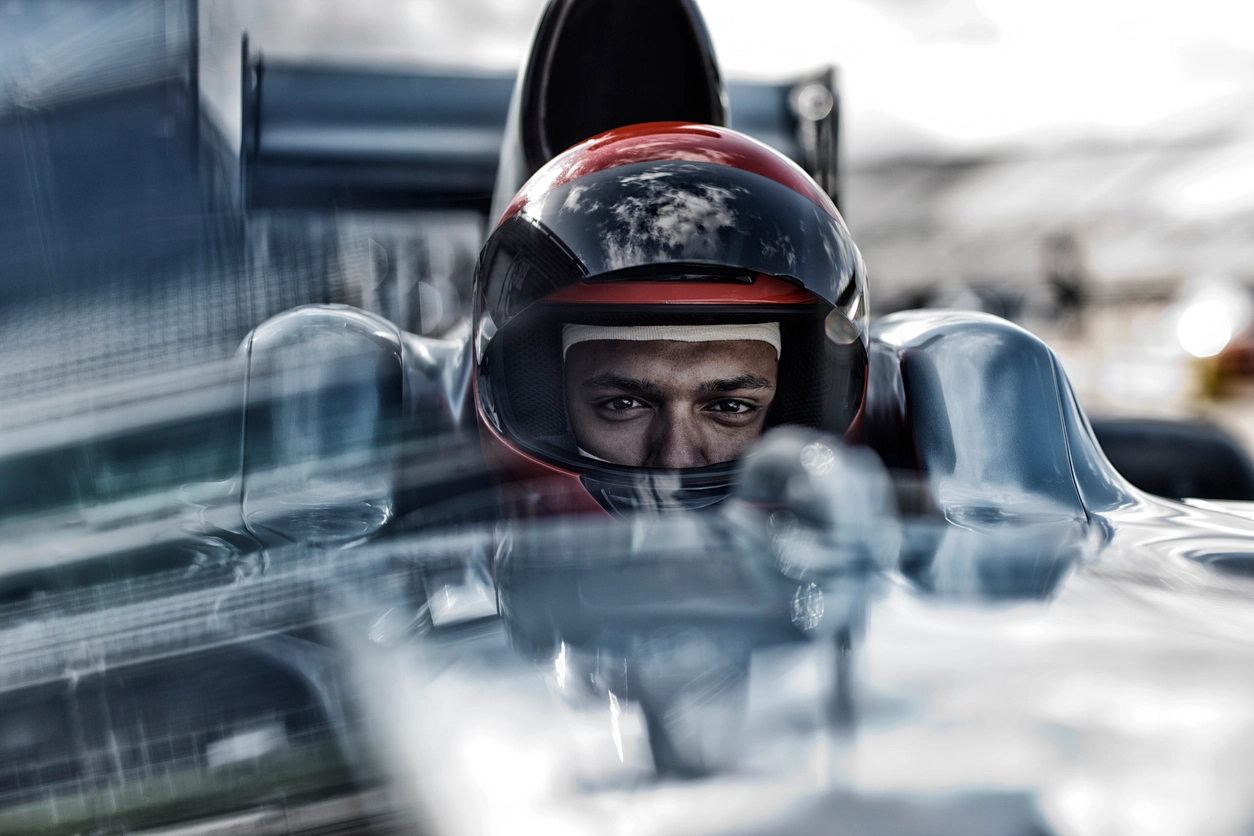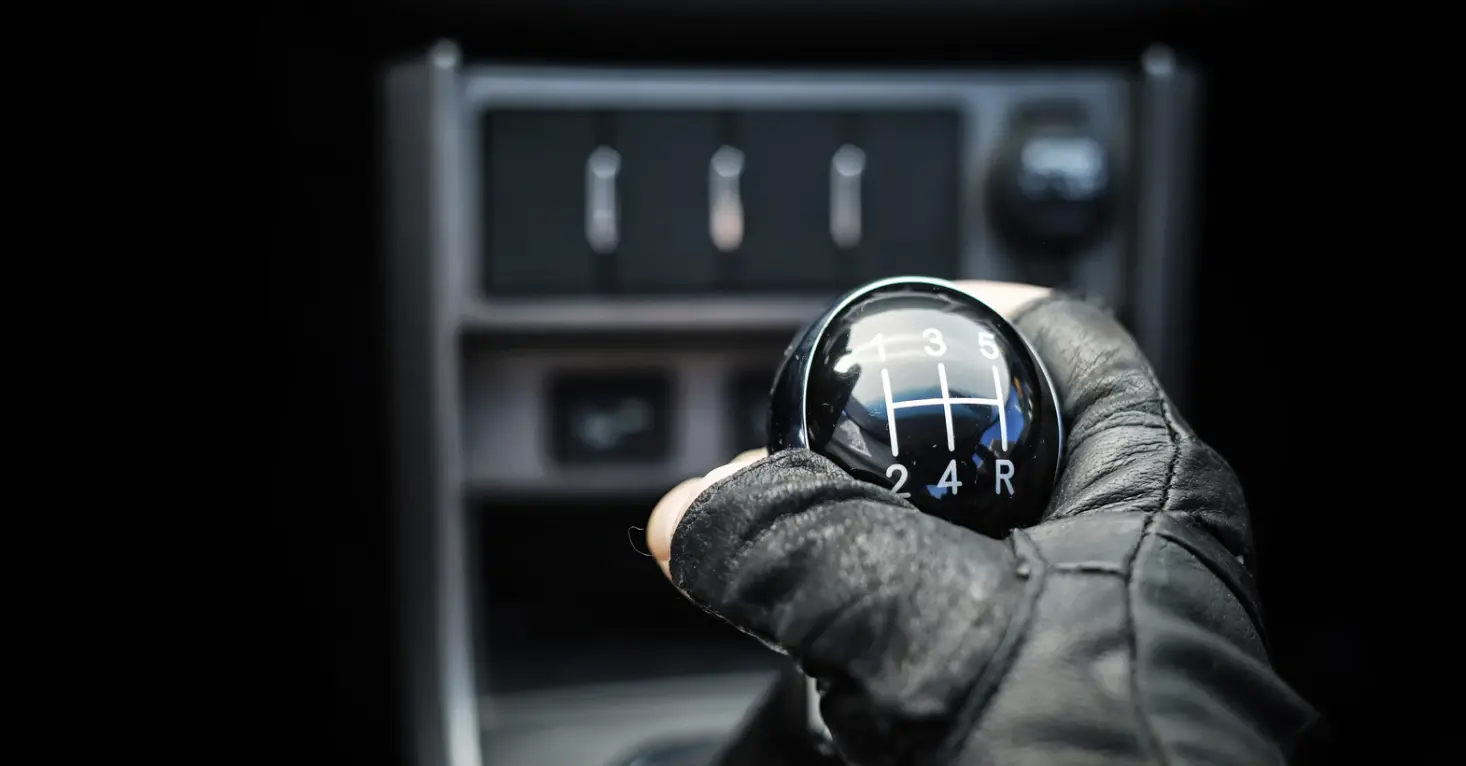For those with a passion for racing (or just driving fast in general), life affords precious few opportunities to really hone your high-speed driving skills unless you happen to be working as a professional driver. Of course, amateur race scenes have a storied history and are alive and well today, but even these comparatively more accessible circuits are still out of reach to many weekend warriors who’d like to get a taste of high-octane driving but don’t necessarily have the time or resources to dedicate to amateur races.
For those that fit this description, you might get a bit of a fix playing racing video games or going out to your local go-kart track on the weekends, but honest-to-goodness race driving might be more attainable than you think. All over the country you can find racing schools where professional drivers will instruct you in the art of race driving over the course of one-day, and multi-day sessions, or even longer, privately taught courses for those who are extremely dedicated. Many of these institutions even have specialized cars that give you an even better sense of high-performance driving.
Race schools can be a great way to introduce drivers of all skill levels to a kind of driving they wouldn’t be able to do otherwise, but the skills you learn there aren’t just applicable to the racecourse. In this article we’ll take a look at the kinds of skills drivers can develop by attending a racing program to enhance their driving on and off the track.
What Can You Learn at a Racing School?
A racing school is a specialized institution that provides training and instruction in various aspects of motorsport and high-performance driving. They cater to a wide range of participants, from complete beginners to experienced drivers looking to improve their skills or transition into competitive racing.
At a racing program, amateur drivers can learn a variety of skills that are essential for both racing and advanced driving. One of the fundamental skills taught is vehicle control, which includes mastering techniques such as braking, accelerating, and steering with precision. Students also learn about weight transfer and how it affects the car’s balance and handling, which is crucial for maintaining control at high speeds.
Cornering is another important skill covered. Drivers learn how to approach, navigate, and exit corners in the most efficient and fastest way possible. This involves understanding racing lines, which are the optimal paths through corners to minimize lap times.
You can also learn about car dynamics and how different adjustments can affect performance at these programs. This knowledge allows drivers to set up their vehicles to suit specific tracks or driving conditions.
Safety is another key component. Drivers learn about proper safety equipment, emergency procedures, and how to react in high-speed situations to minimize risks.
Beyond technical driving skills, racing schools also focus on mental preparation and strategy. This includes developing situational awareness, learning how to read and anticipate other drivers’ actions, and understanding racecraft, which is the art of overtaking, defending positions, and managing a race.
Attending a racing program can provide amateur drivers with a comprehensive education in high-performance driving, covering everything from basic vehicle control to advanced racing techniques and strategies. This knowledge not only prepares drivers for competitive racing but also enhances their overall driving abilities.
Case Study: Radford Racing School
One example of an institution where drivers can develop their skills is the Radford Racing School, which offers a wide variety of different classes geared toward specific skill levels and interests. This is a great example of the kinds of experiences you can get from attending a racing program.
The Radford Racing School offers various courses such as Performance Street Driving, Advanced Track Driving, Formula 4/Open-Wheel, Drag Racing, Advanced Teen Driving, Special Operations, and Group Events. Each course is designed to teach different skills, from advanced street-driving techniques to open-wheel racing fundamentals.
Based in Chandler, Arizona, The Radford Racing School’s courses are taught in part on its very own purpose-built race track. The courses range from single day options to more intensive multi-day studies that really give drivers an opportunity to spend time developing their skills. The school also offers go-kart programming for more casual thrillseekers as well as private one-on-one instruction for those looking to take their driving education more seriously.
Radford has a partnership with Dodge SRT, incorporating SRT models like the Challenger SRT Demon and Demon 170 into their programs. This collaboration allows students to experience the power and performance of Dodge SRT vehicles in a controlled and educational environment, learning everything from basic drag racing techniques to earning an NHRA 9-second license.
Beyond the Racetrack
Training at a race school can significantly enhance a driver’s knowledge and confidence behind the wheel in real-world situations. One of the key benefits is the development of vehicle control skills. Drivers learn how to handle a car at high speeds and in challenging conditions, which translates to better control in everyday driving situations such as sudden stops, emergency maneuvers, or slippery roads. They also teach situational awareness and decision-making skills. Drivers learn to anticipate and react to changes in their environment, such as the actions of other drivers or unexpected obstacles. This heightened awareness can lead to safer and more confident driving on public roads.
The high-performance driving techniques taught at these programs also help drivers understand the limits of their vehicles and how to operate them safely within those limits. This knowledge can be invaluable in preventing accidents and ensuring the driver’s safety and the safety of others on the road.
Training at a racing school provides drivers with a comprehensive set of skills that are applicable to both racing and everyday driving. The experience can lead to improved vehicle control, enhanced situational awareness, and a deeper understanding of safe driving practices, all of which contribute to increased confidence behind the wheel.





